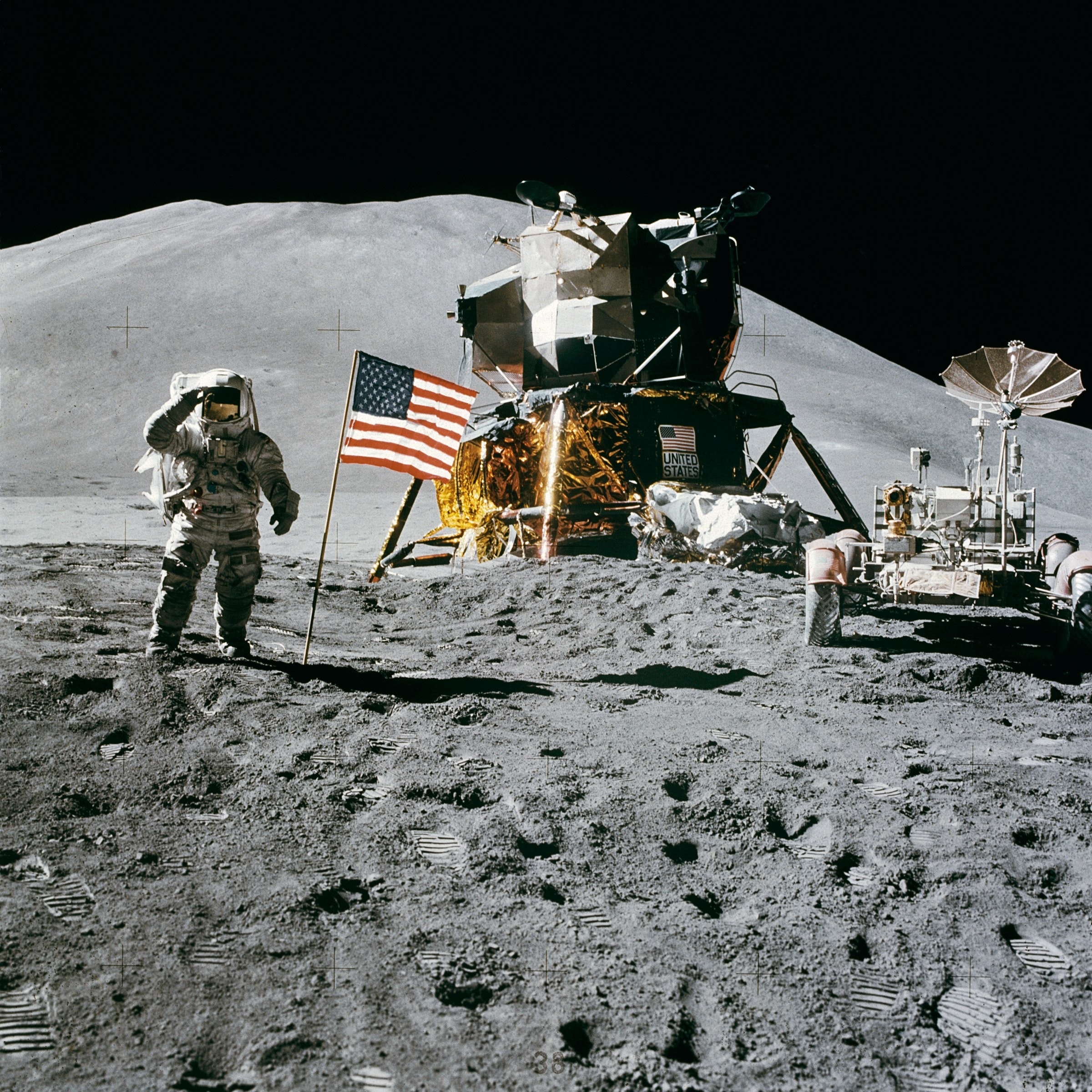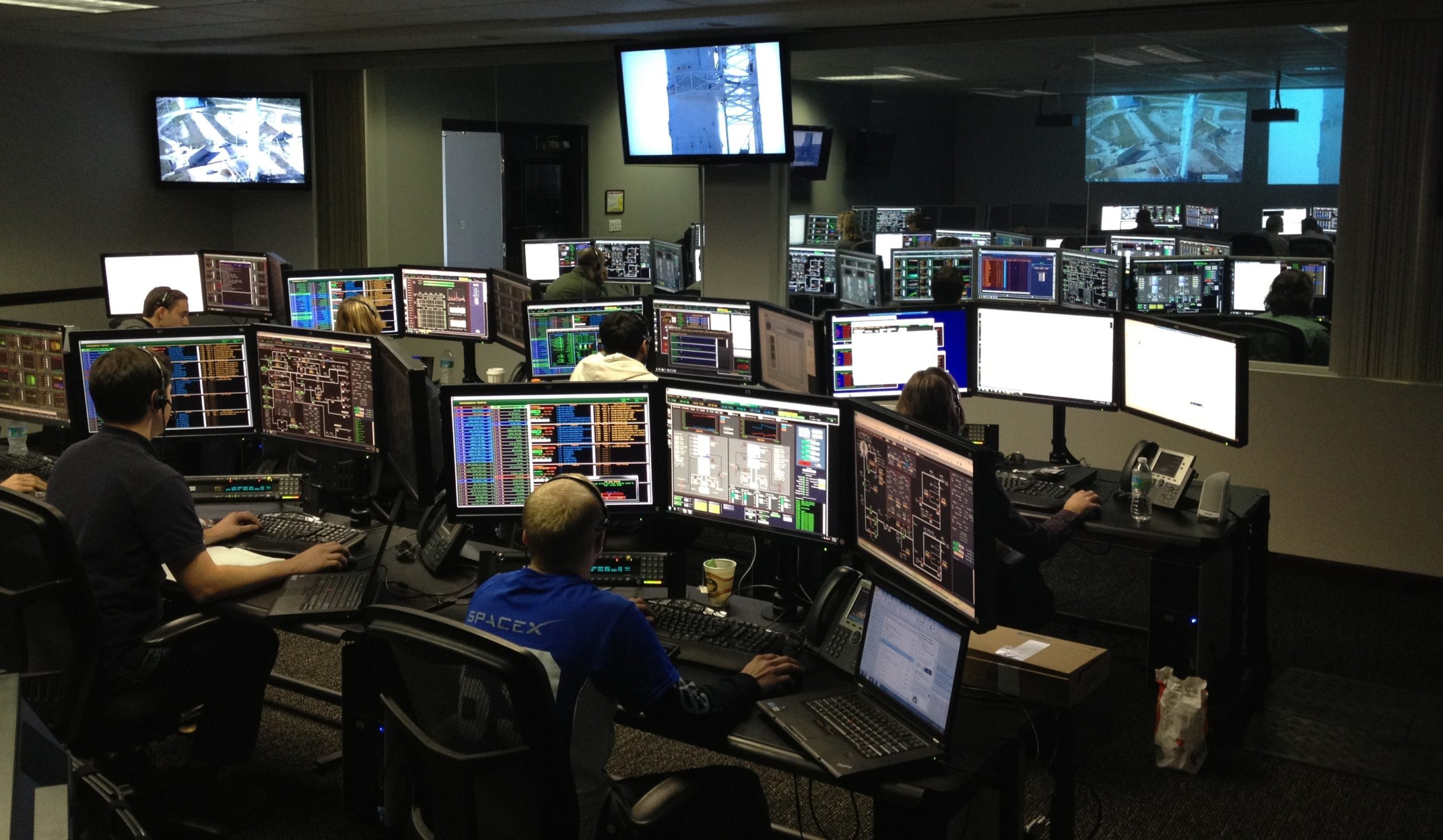20 July 1969: One small step for man. One giant leap for mankind.
It’s hard to believe it’s been 50 years since science, some serious bravery, and a bunch of cool heads put two men on the moon. For an entire generation, it became the ultimate where were you moment. Neil Armstrong and crew returned as heroes but Margaret Hamilton rarely gets her dues. Grossly unfair, because without her, Houston would’ve had a serious problem…
While the world watched the lunar module making its way to the moon’s surface Margaret’s focus was firmly elsewhere – monitoring the software her team had developed. And it was about to be put to the ultimate test. During the final stages of the approach, the guidance computer started flashing warning lights but Margaret had faith in the code, recommending descent continued.
Moments later Armstrong’s voice crackled through, breaking the unbearable tension.
“Tranquility base here, the Eagle has landed”.
 Just in time – there was only enough fuel for another 30 seconds of flight. Cue a collective sigh of relief. What the software had done was act like a good leader – prioritise what really mattered. Compensating for a hardware fault, later identified as an incorrectly set Rendezvous Radar system switch.
Just in time – there was only enough fuel for another 30 seconds of flight. Cue a collective sigh of relief. What the software had done was act like a good leader – prioritise what really mattered. Compensating for a hardware fault, later identified as an incorrectly set Rendezvous Radar system switch.
In 1969, computer technology was in its infancy. Apollo 11 was landed by a computer that had less processing power than an iPhone 5s. And just like someone who can’t delegate, if it had taken on too much, it would have short circuited. Margaret and her team knew this, writing code to ensure the computer was smart enough to manage its to-do-list. With low priority stuff pushed to the bottom, vital processing power was kept free for critical tasks.
A lesson easily forgotten in our own bid for the stars…
In leadership, the tests come thick and fast. Long hours and serious responsibility, compounded by an ‘always on’ culture. But, just like a primitive microchip we have to marshal our processing power. As some people find to their cost, individually we can only handle so much. So, when you deplete essential reserves, the circuitry blows. Along with our judgement and confidence which is why, if you’re serious about reaching the stratosphere, you need the skills and support to succeed.
Just like a crack team of NASA programmers, OnTrack can engineer your aspiring senior leaders to be the best they can be. Managing competing priorities, when everything seems important. The most important skill they need to command the cockpit, without putting the mission at risk.
For more information about how OnTrack can support your leadership development, get in touch today.




